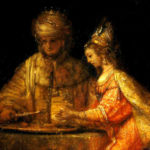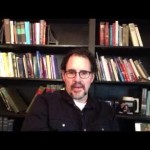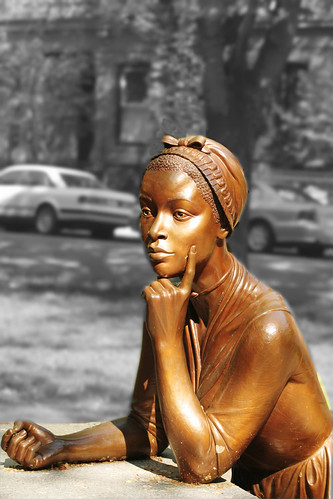We run our website the way we wished the whole internet worked: we provide high quality original content with no ads. We are funded solely by your direct support. Please consider supporting this project.
An Open Orthodoxy
Our friends Tom Belt and Dwayne Polk recently started a blog called An Open Orthodoxy. This is going to be something you’ll want to follow. Really smart guys with something to say. They posted this clarification on the defining claim and core convictions of open theism that hits the nail on the head.
From the blog post:
To summarize, then. God is love, and he creates for benevolent purposes which include creation’s coming to participate in and reflect the love that he is. This glorifies God, and this glory is the end for which all things are created. To fulfill this end, God endowed us with a certain freedom, and this freedom in turn entails certain risks. Open theists reason from these three core convictions — divine love and a free and risky creation — to the conclusion that God knows the open future as a branching of possible ways or paths the world might and might not take. But from the open theist’s point of view, these core convictions are the heart and soul of the view. The conclusion that God doesn’t eternally foreknow in every conceivable detail precisely how the world’s possibilities will unfold (which claim has received all the attention) is — to put it surprisingly but perhaps more accurately — the most uninteresting thing about the view. For us it’s not particularlyabout foreknowledge; it’s about freely becoming what God purposed us to be. It’s abouttheosis. The foreknowledge piece turns out to be just the most consistent way we know to express it.
Amen.
Category: General
Tags: An Open Orthodoxy, Dwayne Polk, Open Theism, Tom Belt
Related Reading

My Car Crash and the Open View
Last Saturday night Shelley and I were involved in a rather serious four car crash on a local highway. One person was hospitalized, and I’m being treated for neck pain and an on-going dull headache. But thankfully, no one was critically injured. In any event, the crash inspired several folks to e-mail or tweet questions…

How do you respond to Mark 14:13–15?
In planning for the Passover meal, Jesus tells his disciples, “Go into the city and a man carrying a jar of water will meet you; follow him, and wherever he enters, say to the owner of the house, ‘The Teacher asks, Where is my guest room where I may eat the Passover with my disciples?’…

Doesn’t Psalm 139:16 refute the open view of the future?
One of the passages most frequently cited in attempts to refute the open view of the future is Psalm 139:16. Here David says that God viewed him while he was being formed in the womb (vs. 15) and then adds: “[Y]our eyes saw my unformed body. All the days ordained for me were written in…

What is the significance of Esther 4:14?
The wise Mordecai encourages Esther to bravely risk her life by pleading the case of the Jews before King Xerxes, saying, “…if you remain silent at this time, relief and deliverance for the Jews will arise from another place, but you and your father’s family will perish. And who knows but that you have come…

Free Will: Are studies that demonstrate genetic determinism a threat to free will?
Greg shares his continuing thoughts on free will with a thought experiment (and a hand-drawn graph!) granting that we are largely determined by forces outside of our control. If we grant this presupposition, does that mean that free will is an illusion or insignificant? Find out!

What is the significance of Exodus 32:33 ?
The Lord says “I will blot out of my book” all those who persist in rebellion against him. If everything is eternally foreknown by God, one wonders why he would have recorded in his “book” the names of people who were to be blotted out eventually (cf. Rev. 3:5). Indeed, if God foreknew that certain…

